The Provincial Government of DKI Jakarta implements three strategies to reduce the amount of waste tonnage transported to Bantargebang integrated landfills (TPST) during coronavirus pandemic (COVID-19).
The program emphasizes the activities of reducing, sorting, and processing of rubbish or ‘KuPiLah’ conducted by the community as a producer of waste.
“Since a year ago, we have implemented and campaigned for three waste reduction strategies, namely the joint responsibility or Samtama waste program,” explained the Head of DKI Jakarta Environment Agency (DLH), Andono Warih in a press statement in Jakarta, Wednesday, April 8.
The three waste reduction strategies that need to be carried out by the community are first the front door strategy at the pre-consumption stage.
Also Read: Sheikh Muhammad Amin al-Husseini: The Palestinian Mufti in Indonesia’s Independence History
“We must know and be aware of what we want to consume from the mind. If it produces waste, we will not choose it,” Andono said.
He gave an example, every time he would go out of the house to shop for household needs, residents had to bring an Environmentally Friendly Shopping Bag (KBRL) and wear a cloth mask that could be reused by washing it. Before shopping, residents must plan and know what they want to buy as needed.
Second, the middle door strategy. All the rest of the items are not hurriedly thrown in the trash.
For example by taking excessive food so that it has the potential to become junk. If there is unused clothing or excess food, it can be donated to the needy.
Also Read: Celebrating 200th Java War: Novelty Spirit of 2013 Memory of The World
Third, namely the back door strategy, which is how to discipline waste sorting.
For example, organic waste enters composters or biopore holes. Inorganic waste that can be recycled is collected while at home.
When the COVID-19 outbreak subsides and the situation is relatively safe, it can be saved at the nearest garbage bank.
“Inorganic waste, such as cans, bottles, used cardboard, can be stored temporarily and relatively safe because it does not rot,” explained Andono.
Also Read: History, Islam, and the Culture of the Kazakhstan: Abai as a National Inspiration
Andono advised, resources must be used optimally, no waste. “Hopefully we can help neighbors or people who are struggling economically,” Andono hoped. (AT/RE1)
Source: Republika
Mi’raj News Agency (MINA)
Also Read: Boycotting Israeli-Affiliated Products: A Moral Stance and a Form of Supporting Justice






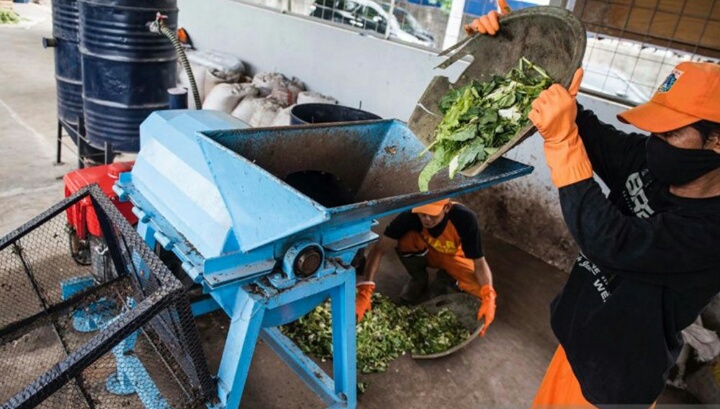


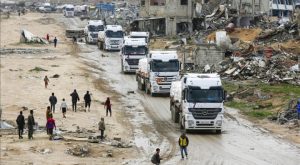


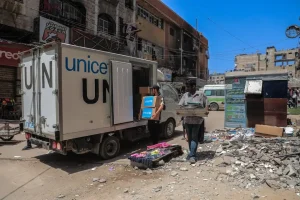
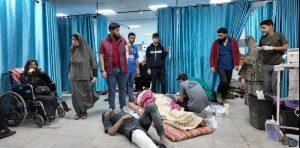

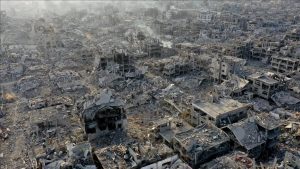
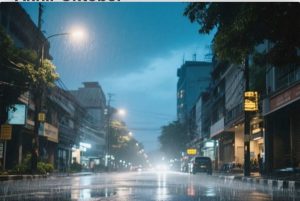
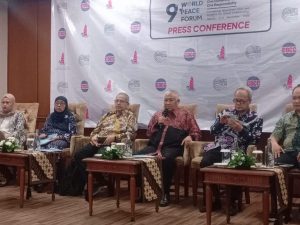


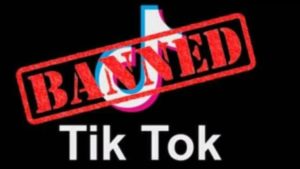
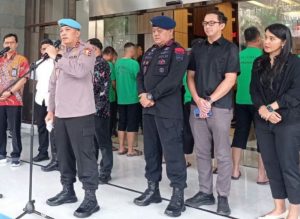






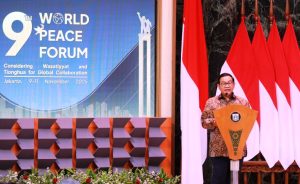






 Mina Indonesia
Mina Indonesia Mina Arabic
Mina Arabic